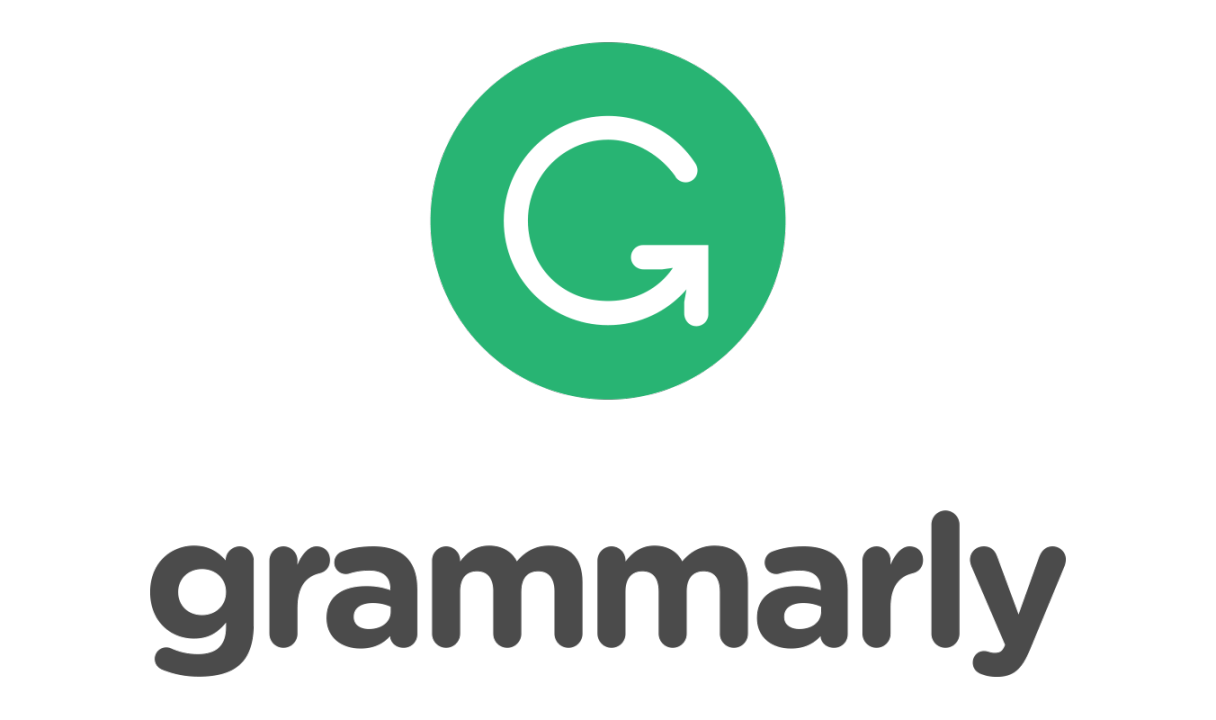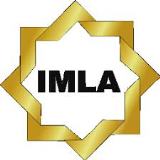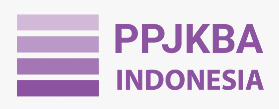Design of Arabic Textbooks Based Flipping Book on Al-Masal (Proverbs) Material Class X MA
DOI:
https://doi.org/10.22515/athla.v3i1.5142Keywords:
Al-Masal, Flipping book, TextbookAbstract
The design of arabic textbooks based on flipping books is based on the existence of conventional textbooks that only focus on scientific development but students are not required to think critically. Furthermore, the existence of conventional books should be able to adjust the development of the digital era which certainly has an impact on students' interest in learning Arabic. This study aims to provide an overview of the material and items about al-Masal which is systematically designed so that students are able to think critically so that they can conclude al-Masal both orally and in writing, and is packaged with an interesting format, namely flipping books. This research is a development research using a three-D pattern (Define, Design, Develop). Based on the results of research and development, it is known that students' critical thinking ability can improve based on students being able to mention proverbs, explain proverbs, and apply proverbs orally and in writing. Then students' interest in learning will increase with the presentation of interesting teaching materials in the form of flipping books
Downloads
References
Anditiasari, N. (2021). Analisis Teori Perkembangan Kognitif Piaget Pada Anak Usia 11 Tahun Di Brebes. Mathline : Jurnal Matematika Dan Pendidikan Matematika, 6(1). https://doi.org/10.31943/mathline.v6i1.177
Arif, S. (2017). Media Pembelajaran Seni Budaya Berbasis Flipping Book. Jurnal Ilmu Komputer Dan Desain Komunikasi Visual (JIKDISKOMVIS), 2(1), 51. https://www.journal.unusida.ac.id/index.php/jik/article/view/27/18
Aulia, R. (2016). Perancangan Buku Digital Interaktif Berbasis Flipping Book TIK Kelas XI SMA. SENTIA, 347.
Cahyani, A. (2019). Inovasi pendidikan Melalui Kemampuan Berfikir Kritis. Prosiding Seminar Nasional Pendidikan FKIP, 2(1), 286–297.
Camelia. (2020). Analisis Kebutuhan Buku Ajar Pendidikan Kewarganegaraan. Untirta Civic Education Journal, 5(2), 125. https://doi.org/10.30870/ucej.v5i2.10507
Chakraborty, D., Roy, P. P., Alvarez, J. M., & Pal, U. (2013). OCR from video stream of book flipping. Proceedings - 2nd IAPR Asian Conference on Pattern Recognition, ACPR 2013, 130–134. https://doi.org/10.1109/ACPR.2013.24
Cottrell, S. (2017). Critical Thinking Skills: Effective Analysis, Argument and Reflection (3rd ed.). PALGRAVE.
Handayani, U. (2019). Arabic Curriculum Development Design Using Video Media: Digital Technology Approach. Taqdir, 5(2), 32. https://doi.org/10.19109/taqdir.v5i2.4287
Hanifah, U. (2014). Pentingnya Buku Ajar yang Berkualitas dalam Meningkatkan Efektivitas Pembelajaran Bahasa Arab. At-Tajdid, 3(1), 1–185.
Kemenag RI. (2014). Keputusan Menteri Agama Republik Indonesia Nomor : 165 Tahun 2014 Tentang Kurikulum 2013 Mata Pelajaran Pendidikan Agama Islam Dan Bahasa Arab Pada Madrasah.
Kouis, D. (2014). Electronic textbooks advantages and challenges for the Hellenic higher education and publishing community | Emerald Insight. Emerald Insight: Discover Journal, Book, and Case Studies. https://doi.org/10.1108/LR-06-2014-0074
Kurnia. (2019). Model Addie Untuk Pengembangan Bahan Ajar Berbasis Kemampuan Pemecahan Masalah Berbantuan 3d Pageflip. Prosiding Seminar Nasional Pendidikan Matematika (SNPM), 1(1). http://www.fkip-unswagati.ac.id/ejournal/index.php/snpm/article/view/844
Lestari. (2018). Peran Teknologi dalam Pendidikan di Era Globalisasi. EDURELIGIA: Jurnal Pendidikan Agama Islam, 2(2). https://doi.org/EDURELIGIA: Jurnal Pendidikan Agama Islam
Maitri Rahmadhani. (2021). Sharing For Caring: Bersama Berbagi Ilmu Dan Manfaat Dalam Pembelajaran Bahasa Inggris Melalui Games. Jurnal Pengabdian Kepada Masyarakat (JPKM), 2(1). http://jurnal.stkipalmaksum.ac.id/index.php/jpkm/article/view/149/158
Mercy, A., Lapuz, E., & Fulgencio, M. N. (2020). Improving the Critical Thinking Skills of Secondary School Students using Problem-Based Learning. International Journal of Academic Multidisciplinary Research, 4(1), 1–7. www.ijeais.org/ijamr
Mu’min, S. A. (2013). Teori Perkembangan Kognitif Jean Piaget. Al-Ta’dib: Jurnal Kajian Ilmu Kependidikan, 6(1), 95. https://doi.org/10.31332/atdb.v6i1.292
Saputra, M. D., Joyoatmojo, S., Wardani, D. K., & Sangka, K. B. (2019). Developing Critical-Thinking Skills through the Collaboration of Jigsaw Model with Problem-Based Learning Model. International Journal of Instruction, 12(1), 1077–1094. www.e-iji.net
Siswono, T. (2016). Mengevaluasi Hasil Belajar Matematika Siswa Dalam Berpikir Kreatif.
Sunaryo, S., Kushermawati, A., & Delina, M. (2021). Unveil E-Module Global Warming based on Problem Based Learning to Improve Students’ Higher Order Thinking Skills (HOTS). International Journal of Innovation, Creativity and Change. www.ijicc.net
Tisna, M., & Putri, G. (2019). Desain Buku Ajar Tari Orek-Orek Ngawi Dalam Bentuk Pop Up. Jurnal Desain, 7(1), 60–70. https://doi.org/10.30998/jurnaldesain.v7i1.5322
Yuan, W., Van Ballegooie, M., & Robertson, J. L. (2017). Ebooks Versus Print Books: Format Preferences in an Academic Library. Collection Management, 43(1), 28–48. https://doi.org/10.1080/01462679.2017.1365264
Downloads
Published
How to Cite
Issue
Section
Citation Check
License
Copyright (c) 2022 ATHLA : Journal of Arabic Teaching, Linguistic and Literature

This work is licensed under a Creative Commons Attribution-ShareAlike 4.0 International License.










